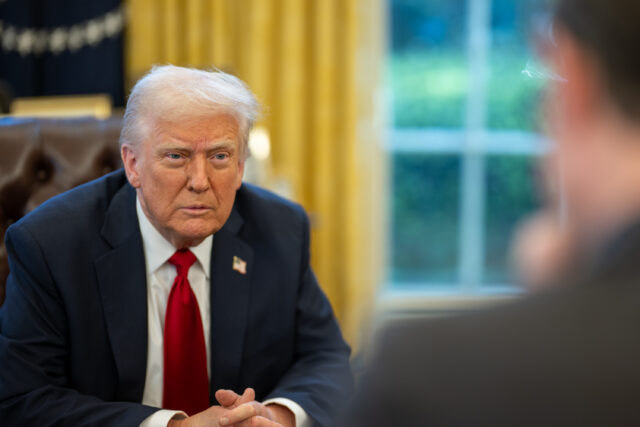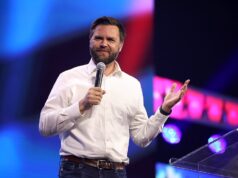LONDON — The BBC’s top two executives are stepping down amid mounting pressure over editorial credibility, shaking confidence in the U.K.’s national broadcaster just as it faces critical decisions on funding and governance.
On Sunday, BBC Director-General Tim Davie and BBC News chief Deborah Turness announced their resignations. The dual departure follows weeks of mounting backlash over allegations of systemic bias in the network’s coverage — from President Donald Trump and the war in Gaza to debates over transgender rights.
Pressure Built After Leaked Memo
The tipping point came with a leaked internal memo from former BBC adviser Michael Prescott. The memo accused the broadcaster of “serious and systemic bias” across a range of politically charged topics.
Chief among them: an episode of Panorama that aired selectively edited footage of Trump’s Jan. 6, 2021, speech. Critics said the edits gave the false impression that Trump directly called on supporters to storm the U.S. Capitol. The full version of the speech did not support that claim.
Controversy also surrounded the BBC’s coverage of the Gaza conflict. Accusations included overreliance on anti-Israel voices, sourcing from extremists on its Arabic service, and distorted portrayals of children and wartime suffering.
In a separate thread of concern, BBC staff raised red flags over the network’s handling of trans-related issues, arguing its reporting often lacked balance and downplayed the contested nature of the debates.
Davie and Turness Respond
In a message to BBC staff, Davie acknowledged the broadcaster’s imperfections.
“Like all public organisations, the BBC is not perfect,” he wrote. “While not being the only reason, the current debate around BBC News has understandably contributed to my decision.”
Turness, while taking responsibility for the news division, rejected claims of structural bias.
“While mistakes have been made,” she wrote, “I want to be absolutely clear: recent allegations that BBC News is institutionally biased are wrong.”
BBC Chairman Samir Shah called it a “sad day,” affirming the board’s support for Davie but conceding the strain he had been under.
A Deeper Governance Crisis
The BBC, funded by the public through license fees, is required by charter to deliver impartial journalism. The resignations expose a deeper institutional crisis at a time when the broadcaster’s mandate and funding model are under review.
The current Royal Charter is set to expire in 2027. Debates about the future of the license fee, the role of public media, and political interference are already in motion. The timing of this leadership vacuum could have significant downstream effects.
What Comes Next
The BBC board now faces the task of finding replacements for two of its most senior posts. The outcome will shape the editorial tone and strategic direction of the broadcaster for years to come.
Internal reviews are expected, especially around how the Panorama episode was handled and whether internal warnings were ignored. Broader investigations may follow, probing the extent of bias across the BBC’s output.
In the near term, the corporation faces reputational damage. With over 100 BBC employees and 200 industry professionals having signed an open letter last year criticizing Gaza coverage, pressure is mounting not just from the public but also from within.
Regulators and government officials may push for increased oversight, new editorial controls, or funding reforms as part of the charter renewal debate.
Looking Ahead
Davie, who took over in 2020, exits during one of the BBC’s most fraught moments in recent history. His successor will inherit a broadcaster under siege — from all sides — and with a shrinking window to restore public trust before the next charter review begins in earnest.
What happens next at the BBC won’t just shape a news organization — it will help define the future of public broadcasting in a divided media landscape.







We already know that the vast majority of the lame stream media is suffering from TDS, it just remains to be seen how low they will go to try to destroy him. Oh wait, just when we think they can’t get any lower, they somehow manage to do so.
Maybe (but probably not too likely) by DJT suing the living daylights out of all of the liars will eventually at least slow them down. It will keep a lot of lawyers busy in the meantime.